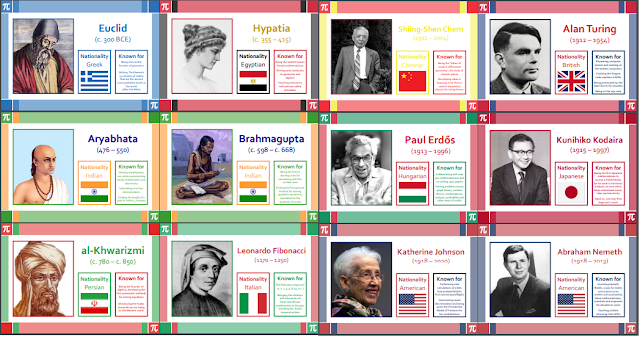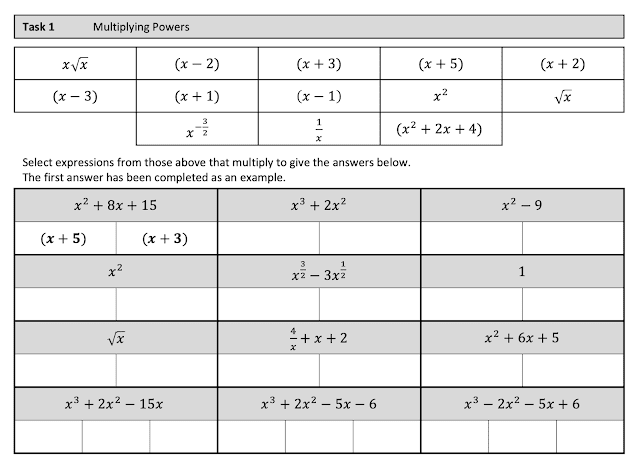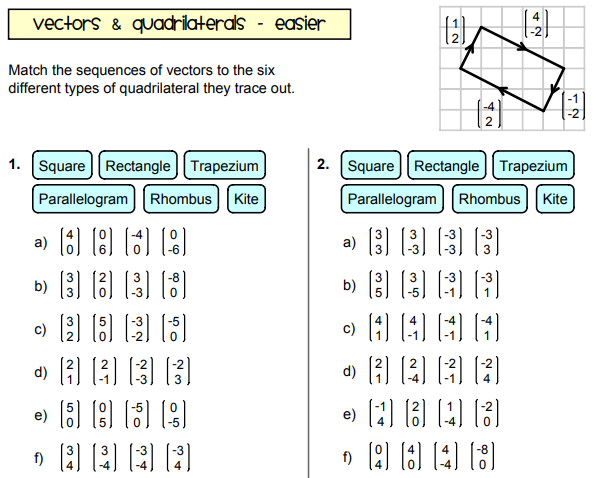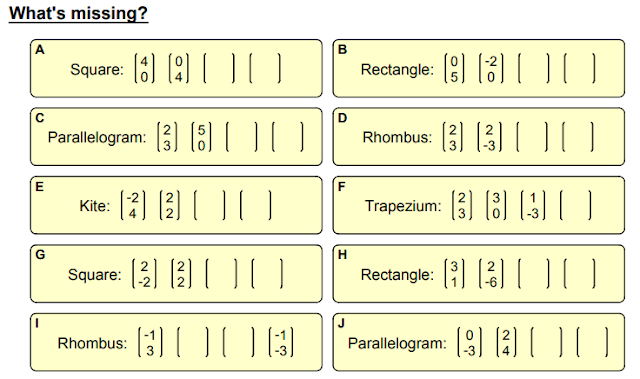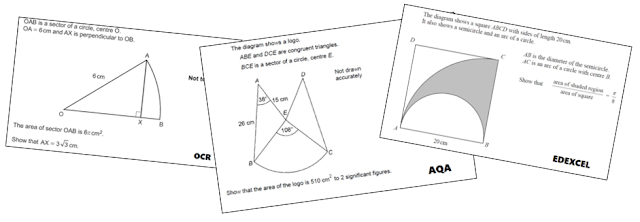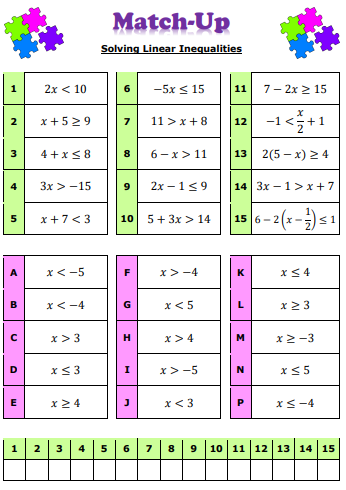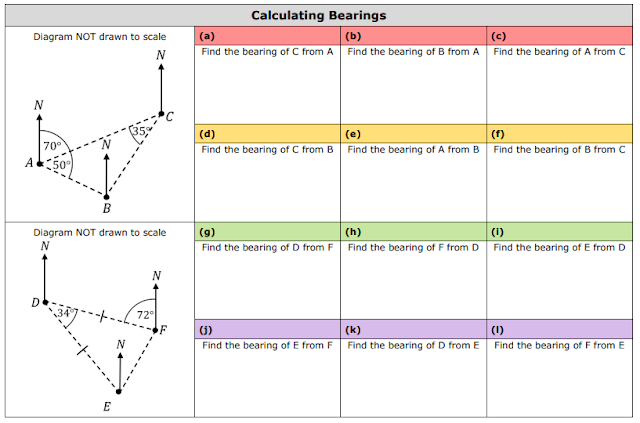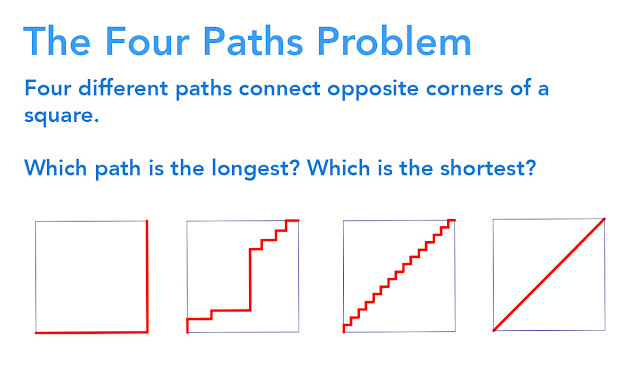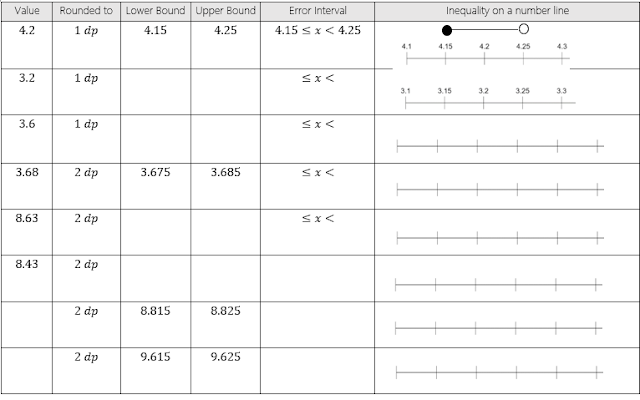 Welcome to my 161st gems post. This is where I share some of the latest news, ideas and resources for maths teachers.
Welcome to my 161st gems post. This is where I share some of the latest news, ideas and resources for maths teachers. 1. Mathematicians Display
@nathanday314 has updated his excellent Famous Mathematicians From Around the World Display. This features 82 mathematicians from 53 countries.
The original inspiration came from a display by @DrStoneMaths and @MrYoungMaths which I featured in Gems 132.
For more classroom and corridor displays for maths departments, see my displays page.
Do make sure you follow Nathan on Twitter if you don't already. He has been sharing loads of great resources over summer including tasks on simultaneous equations, bounds and indices. For example I love the task below, which is an adaptation of @karenshancock's indices task.
Speaking of @karenshancock's resources, I also love this sequences fill in the gaps task. I've added it to my resource library.
2. Vectors Task
It's always great to see new content on my favourite website MathsPad. They have now completed their curriculum booklets for all of Year 7, 8 and 9. These booklets are full of brilliant tasks - I use them all the time.
I also love their new free Vectors & Quadrilaterals Worksheets. The idea is to work out which type of quadrilateral will be formed if you follow a sequence of vectors. This provides practice working with vectors whilst prompting thinking about whether pairs of vectors are equal in length, parallel or perpendicular, and encouraging mental visualisation. There are two levels of difficulty.
I've added this to my resource library.
3. Certificate in Further Maths Resources
In my last post I mentioned that I've set up a new page linking to Certificate in Further Maths resources. This can be accessed from the main menu at the top of my blog. Since then, I've added three additional resources to this page:
- Content list for pupils from @mathshysteria. This handy student-friendly checklist may also be helpful for teachers' planning as it shows which topics are covered at GCSE and which are specific to Certificate in Further Maths.
- Certificate in Further Maths questions from A Level papers from @tm_maths. This will be a helpful source of challenging questions.
- Videos and exam questions by topic on an excellent new website from @1stclassmaths.
4. GCSE Revision
In the Autumn term @MrsEVCartwright gives her Year 11 students a revision sheet per week on a topic covered so far in the course. Each sheet contains a recap of the main ideas and techniques, followed by some questions to complete for homework that week. You can download this resource from TES.
Back in Gems 155 I shared another GCSE revision resource - PowerPoint files containing GCSE maths questions by topic for OCR, Edexcel and AQA. I subsequently awarded it a Gem Award for 'Most Useful Resource' because I use it all the time in my GCSE lesson planning. @gcse_math has now shared this resource on its own website - gcsemathsquestions.co.uk. If you missed this earlier in the year, do check it out.
5. Place Value
Thank you to @Scott_Math83 for sharing some new resources. I like these place value tasks using fractions and decimals.
Resource Libraries
If you're new to teaching then you might not know about my resource libraries which contain listings of resources for Key Stages 3 to 5, organised by topic. I use these libraries every day when planning lessons as they provide a quick way to browse quality free resources.
I try to keep my Key Stage 3 and 4 libraries updated on an ongoing basis, and when I start teaching A level again next year I'll do some work on my A level libraries too. Links sometimes get broken when people move or delete their resources - if you find a broken link then do let me know!
I also add new resources fairly regularly. For example I've recently added more links to resources from Dr Austin Maths including tasks for indices, standard form, factorising quadratics, inequalities and graphs.
The quickest way to access my resource libraries when you're planning lessons is using the menu across the top of my blog.
Update
I've mainly been doing DIY over summer and am now a bit fed up with painting. My house is in disarray (I currently don't have a bedroom!) so I'm looking forward to returning to school on Thursday. I had a really lovely break though, which included a very sunny family holiday in a cottage in Cornwall, and a great night out with maths teachers at Jamie Frost's house (thanks @nkl_17 for the photo!).
I'm looking forward to meeting my new classes next Monday. I'll be teaching Year 7, 8, 10 and 11, plus I have a Certificate in Further Maths class who will have lessons after school. My school first opened four years ago, so Summer 2023 will be our first ever GCSE results. It's a big year for us! This year we'll also be setting up our new A level courses ready for next September. In a couple of months we'll be advertising for a Key Stage 5 Coordinator to join our maths department - watch this space if you're interested in applying!
Good luck to everyone starting in new schools this week, particularly ECTs, and good luck to those of you embarking on teacher training. September is such an exciting month.
